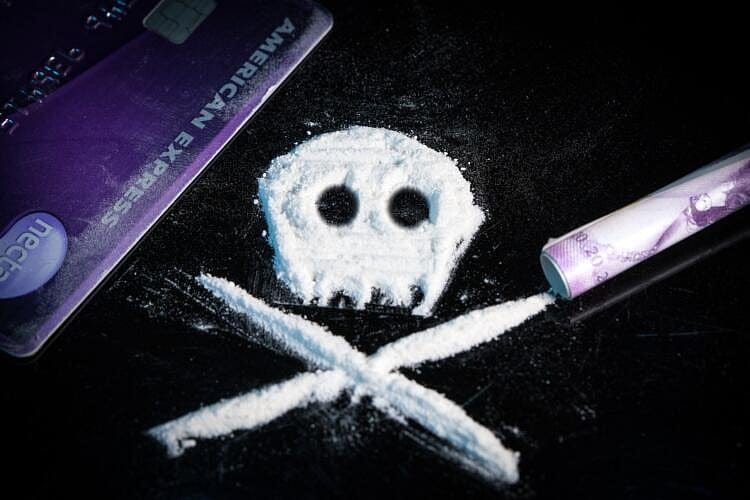
Around New England
Read More
Chris Christie Tells New Hampshire Voters He Can Prevent Trump-Biden Rematch
Tom JoyceFormer New Jersey governor Chris Christie says he does not want a repeat of the 2020 presidential election.
The Republican presidential nominee, appearing at the Red Arrow Diner in Manchester, New Hampshire on Thursday, June 22, said that he could give voters an alternative to a 2020 election rematch.

